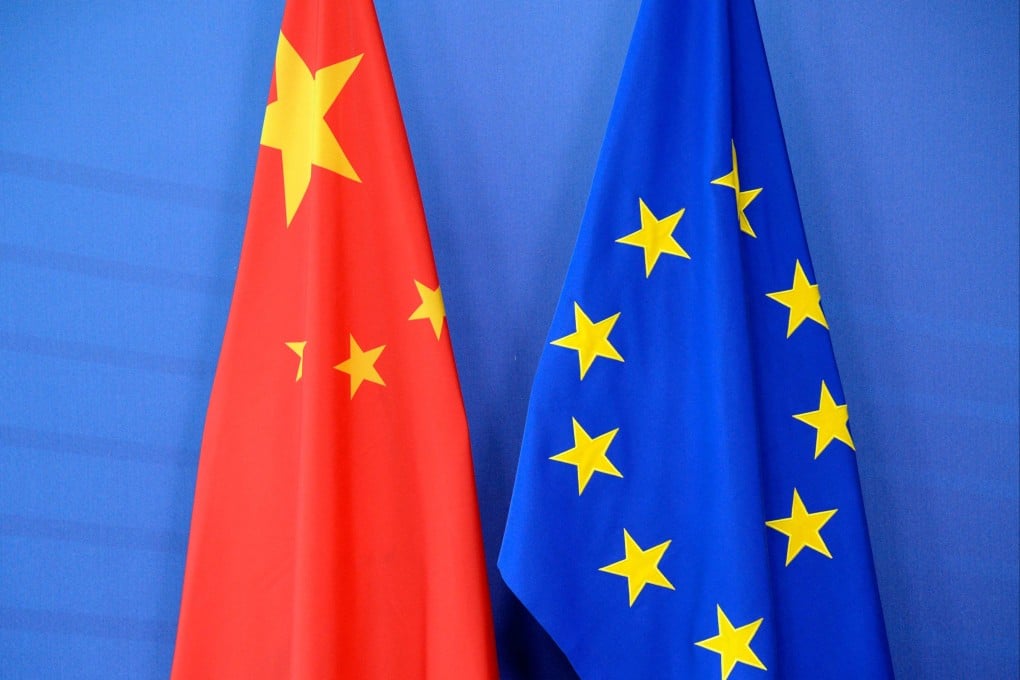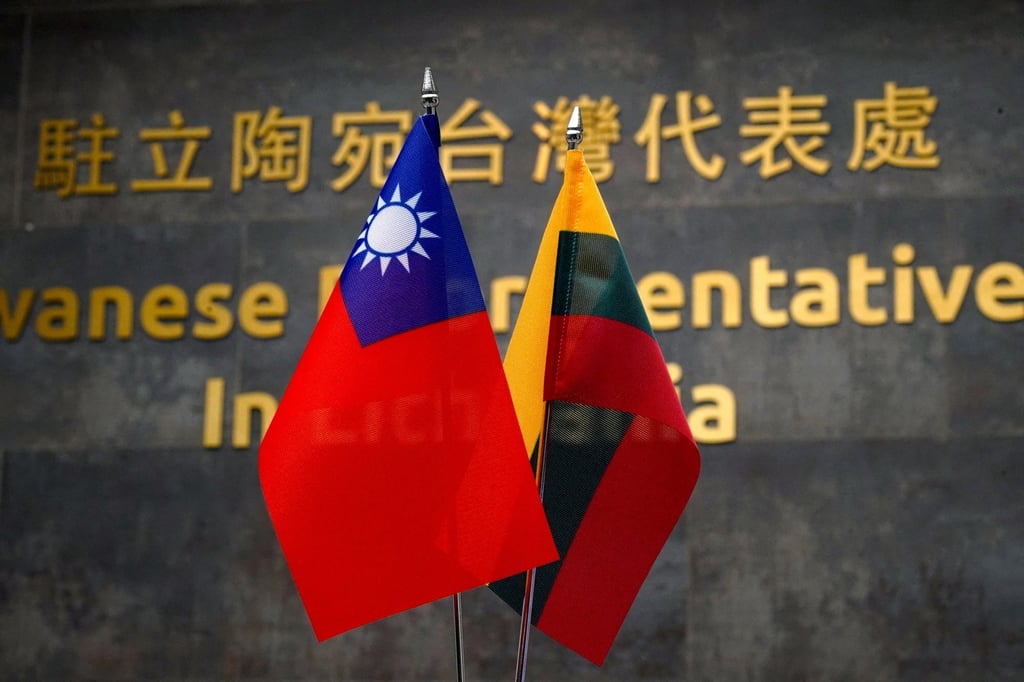Advertisement
EU to hold talks with China ahead of WTO case over Lithuania dispute
- China agreed to consultation after European Union filed the request with World Trade Organization last month
- Talks are opening gambit of a dispute settlement case before the global trade group
Reading Time:3 minutes
Why you can trust SCMP
5

Finbarr Berminghamin Brussels
The European Union is set to hold talks in the coming weeks with China over its alleged breach of global trade rules in a dispute with Lithuania – as the bloc moves forward with the early stages of a World Trade Organization (WTO) case.
Beijing agreed to the request for consultation lodged by Brussels at the Geneva body last month, sources said, with talks obliged to kick off within 30 days of its acceptance.
“Consultations will be held and the EU is preparing for them,” an EU spokesman said.
Advertisement
The EU initiated a suit at the WTO last month, saying it had gathered evidence of numerous trade felonies committed by China against Lithuania, an EU member state.

The bitter row ignited when Beijing reacted furiously to Lithuania’s hosting of a “Taiwanese Representative Office” in Vilnius. Typically, such informal embassies for the self-ruled island have been referred to as Taipei representative offices.
Advertisement
Advertisement
Select Voice
Select Speed
1.00x